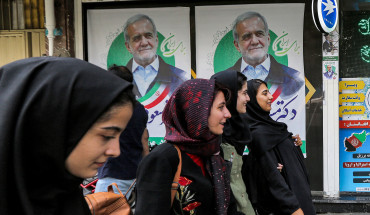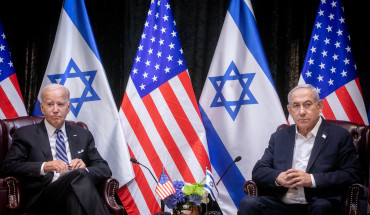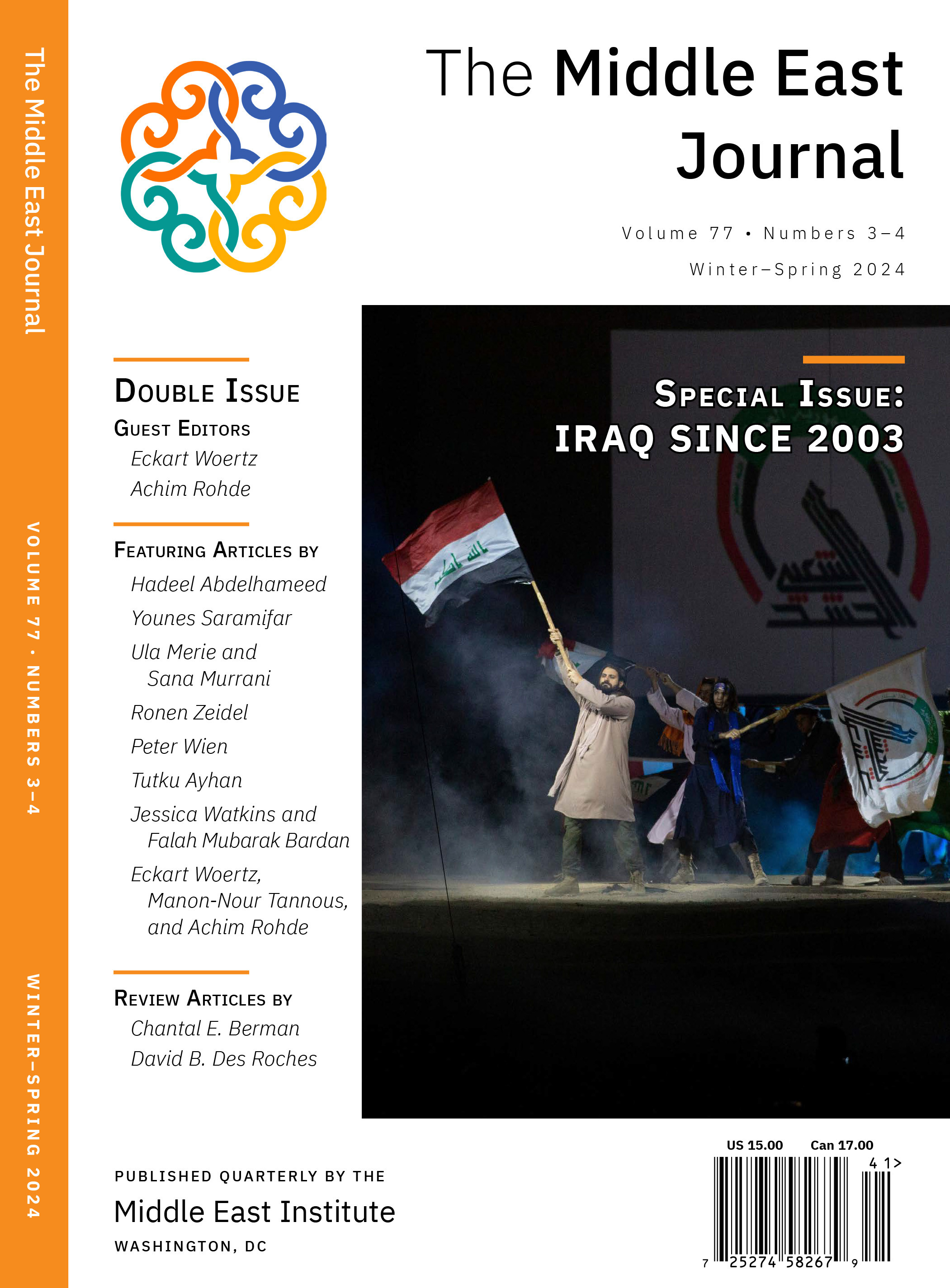In the months since the COVID-19 outbreak was first diagnosed, it has spread to over 200 countries. The human and economic costs of the pandemic have been staggering. As of March 1, 2021, more than 119 million confirmed cases of the virus and 2.6 million deaths from the disease worldwide had been reported to the World Health Organization (WHO). According to The International Monetary Fund (IMF), global growth is projected at −4.4 percent in 2020. The deep wounds to the global economy from the pandemic recession have exacted a heavy toll on living standards, especially for the poor. Governments are continuing to struggle with how to balance often-competing policy objectives between addressing the public health crisis and economic considerations.
This series of short articles is intended to shed light on: 1) the health-related and socio-economic impacts of the pandemic, particularly upon vulnerable or marginalized communities; and 2) the preliminary lessons learned from measures taken by national governments, local authorities, and civil society actors to address the public health emergency and its adverse socio-economic effects.
November 10, 2020
Taiwan’s Model for Combating COVID-19: A Small Island with Big Data
I-wei Jennifer Chang
As the global number of confirmed COVID-19 cases surpasses 30 million, Taiwan has been one of the few success stories of containing the novel coronavirus. In what has become known as the “Taiwan Model” for managing the coronavirus outbreak, Taipei took early measures to control the spread of the coronavirus, including closing its borders to China and harnessing the power of digital technology to conduct efficient contact tracing and enforce mass quarantines. Taiwan notably was able to control the spread of the virus without resorting to a nation-wide lock-down, a path taken by China in the early months of 2020.
November 17, 2020
COVID-19 and Migant Laborers in Kuwait
Oliver B. John
The 2020 COVID-19 pandemic has made Kuwait less welcoming for the 70% of the country’s population and the overwhelming majority of its private sector work force that are expatriates. While Kuwait’s actions and economic pressure might have a short term impact, more permanent, substantial changes to its demographics will only come if the country also changes incentives to encourage Kuwaitis to work in the private sector.
December 8, 2020
Iraq’s Fragile State in the Time of Covid-19
John Calabrese
Iraqi authorities have taken a series of preventative and remedial measures to deal with the pandemic and its second order effects. However, since early June, the number of positive COVID cases has soared, while job losses and rising prices have caused the national poverty rate to climb. Three overlapping segments of the Iraqi population — the forcibly displaced, women, and children — have been hit especially hard by the public health and socioeconomic impacts of COVID-19.
December 15, 2020
The US and China: Getting Beyond the COVID-19 Blame Game
Wei Song
As the world grapples with the devastation being wrought by the COVID-19 pandemic, US and Chinese officials have seemed unable to resist hurling accusations at one another. The purpose of this article is to show that even a nascent understanding of what unites both cultures, in the way ideas are passed down and how thought progresses through the centuries in both the West and the East, can be most helpful in adopting the concept of “scientific globalism,” through which nations can join together to overcome this emergency and those to come.
January 12, 2021
Threats, Victims or Allies? Migrant Communities in Kuwait's COVID19 Response
Batul K. Sadliwala
This article discusses Kuwait’s response to COVID-19 against the backdrop of two longstanding conceptions in the country about the role and position of non-citizens, particularly that of low-wage migrant workers. It recounts the efforts of the country’s small but vibrant civil society sector to respond to the pandemic-related needs of blue-collar migrant workers by approaching them as equal partners in solving shared challenges.
February 9, 2021
India’s Path to 10.8 Million Covid-19 Cases: Socio-Economic Impact and State Response
Pooran Chandra Pandey
In a March 24, 2020 press conference in Geneva, Michael Ryan, Chief Executive Director of the WHO’s Health Emergencies Programme, remarked in a press conference in Geneva that India had “tremendous capacities” to deal with the coronavirus outbreak and that “it is exceptionally important that countries like India lead the way to show the world what can be done.” As governments continue to grapple with COVID-19, it is imperative to study which measures have been effective and which have not. This article takes a brief look at the actions the Indian government has taken to respond to the pandemic.
February 23, 2021
Chinese Health Diplomacy and the Maghreb in the COVID-19 Era
Mordechai Chaziza
Beijing’s economic presence across the Maghreb has grown in recent years. The new global power has forged a close partnership with Algeria and Morocco, while also continuing to develop relationships with other countries in the region. The COVID-19 pandemic has illuminated the depth of Sino-Maghreb relations.
March 16, 2021
COVID-19 Fuels the Return of Islamism in Indonesia
Barbara Kelemen
Covid-19 has struck Indonesia harder than any other Southeast Asian country. Hardline Islamic cleric Rizieq Shihab seems to have timed his return to Indonesia after years in exile to exploit his opponents’ unfavorable circumstances as they struggle to bring the public health crisis under control and mitigate its adverse socioeconomic effects. As the economic fallout from the pandemic slowly hits the country’s informal sector — and thus the country’s poor — Rizieq will once again have a perfect opportunity to capitalize on people’s grievances and their desire for a better future.
April 13, 2021
The Afghan Taliban and Covid-19: Leveraging the Crisis or a Change of Heart?
Roshni Kapur
Pandemics strike hard in conflict zones. As of April 8, 2021, Kabul had recorded 56,943 confirmed cases of Covid-19 and 2,516 deaths. The Afghan Taliban have approved the administering of Covid-19 vaccines, which is a departure from its previous opposition to immunization programs. This article discusses the Taliban’s novel approach to the coronavirus pandemic and what it might or might not signify.
May 11, 2021
Middle East-Asia Pacific Oil Relations: From the Pandemic to Peak Oil
John Calabrese
The COVID-19 pandemic dented Asian oil demand and disrupted Gulf oil-exporting countries’ economies, but it did not damage the structural underpinnings of Gulf-Asia economic interdependence. As the fragile global economic recovery proceeds, players on both sides of this complex interregional relationship will have to adjust to new and familiar downside risks and market uncertainties. Yet, even as the transition to clean energy gathers momentum and “peak oil demand” draws near, Middle East and Asia Pacific regional economies will remain tightly intertwined and their fortunes tied to oil.
June 8, 2021
COVID-19 and Female Labor in the MENA Region
Valentine M. Moghadam
This article focuses on the impact of the pandemic on MENA women’s economic participation. Available evidence suggests that women in public sector jobs have been largely protected, albeit in different ways across countries, and yet women’s unemployment rates have increased. Longer-term adverse effects could be mitigated by government action, such as social provisioning for working mothers and other measures for women’s labor market attachment. The paper ends with two contrasting scenarios for a post-pandemic future.
July 13, 2021
Sentencing the Political Fugitive to Confine the Islamist: Rizieq Shihab and Indonesian Democracy
Heru Susetyo
With the number of Covid-19 cases in Indonesia skyrocketing and threatening to overwhelm the medical system, President Joko Widodo’s administration is contemplating ordering another lockdown while pressing ahead to ensure its political nemesis remains locked up. This article discusses the criminal prosecution of Muhammad Rizieq Shihab (commonly known as Habib Rizieq Shihab, or HRS) — a leading Indonesian Muslim opposition figure and spiritual leader of the outlawed Islamic Defenders Front (FPI). The author argues that the campaign waged by the authorities against HRS should be viewed as evidence that civil society activism and democracy itself in Indonesia is under threat. This article discusses the criminal prosecution of Muhammad Rizieq Shihab (commonly known as Habib Rizieq Shihab, or HRS) — a leading Indonesian Muslim opposition figure and spiritual leader of the outlawed Islamic Defenders Front (FPI). The author argues that the campaign waged by the authorities against HRS should be viewed as evidence that civil society activism and democracy itself in Indonesia is under threat.
August 17, 2021
Iran’s COVID-19 Pandemic Response: Mission Critical
John Calabrese
Electoral “engineering” propelled Ebrahim Raisi to the presidency and further entrenched conservative rule in Iran. But the Islamic Republic’s eighth president, who campaigned on a populist agenda and officially took office on August 3, has inherited three intersecting challenges: a public health emergency, a sanctions-stricken economy, and a crisis of public confidence in government. Of the three, the COVID-19 pandemic demands the most urgent attention, as the country is experiencing is most devastating wave yet of the virus. However, the Iranian government’s mismanagement of the pandemic response to date, which has contributed to unnecessary loss of life and hardship, suggests that it may be many months before the coronavirus is contained.
October 12, 2021
Myanmar’s “Triple Crisis”: Impact on the Pro-Democracy Movement
Jasmin Lorch
After ten years of tacit liberalization, Myanmar is back under military rule. On February 1, 2021, the country’s military, known as the Tatmadaw, staged a coup, which was followed by the emergence of a large-scale Civil Disobedience Movement (CDM) that sought to bring down the new military junta through strict non-collaboration and massive street demonstrations. The ensuing violent crackdown prompted the movement’s increasing radicalization. The combination of the military coup, the economy’s sharp contraction, and the devastation caused by the COVID-19 pandemic has led to massive human suffering. This article examines Myanmar’s “triple crisis” and considers its impact on the country’s prospects for democracy and on the development of democratic practices within its pro-democracy movement.
September 6, 2022
The “Chinese Vaccine” and its Discontents: Turkey’s Public Debate on Sinovac during the COVID Crisis
Çağdaş Üngör
The coronavirus pandemic was as much a big soft power nightmare as it was a health crisis for the People’s Republic of China (PRC) during the winter of 2019-2020. This article focuses on the Turkish public debate on Sinovac during the winter of 2020-21, with the aim of shedding light on the local reception of China’s global health diplomacy in the post-COVID era.
The Middle East Institute (MEI) is an independent, non-partisan, non-for-profit, educational organization. It does not engage in advocacy and its scholars’ opinions are their own. MEI welcomes financial donations, but retains sole editorial control over its work and its publications reflect only the authors’ views. For a listing of MEI donors, please click here.













